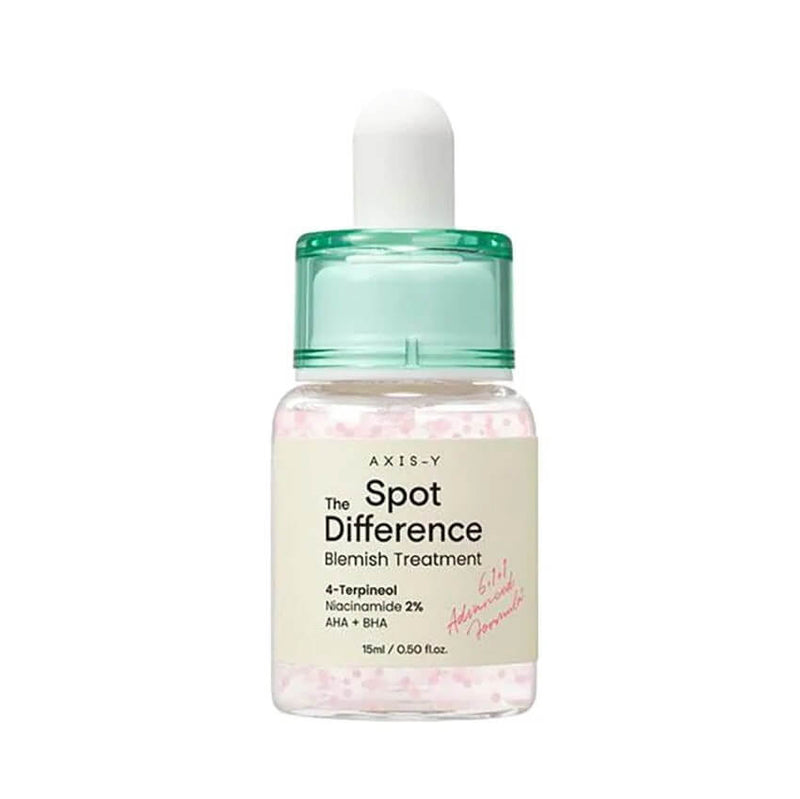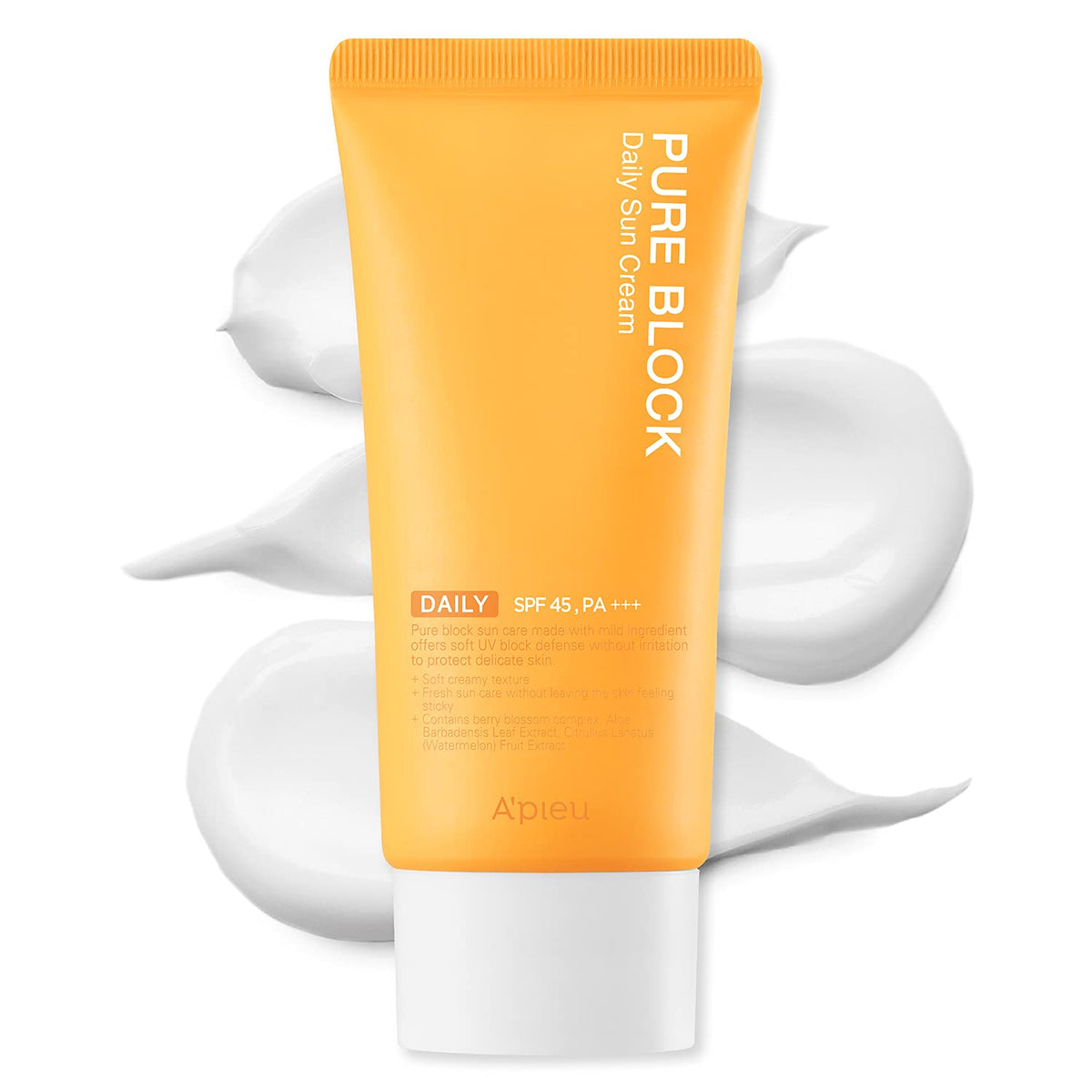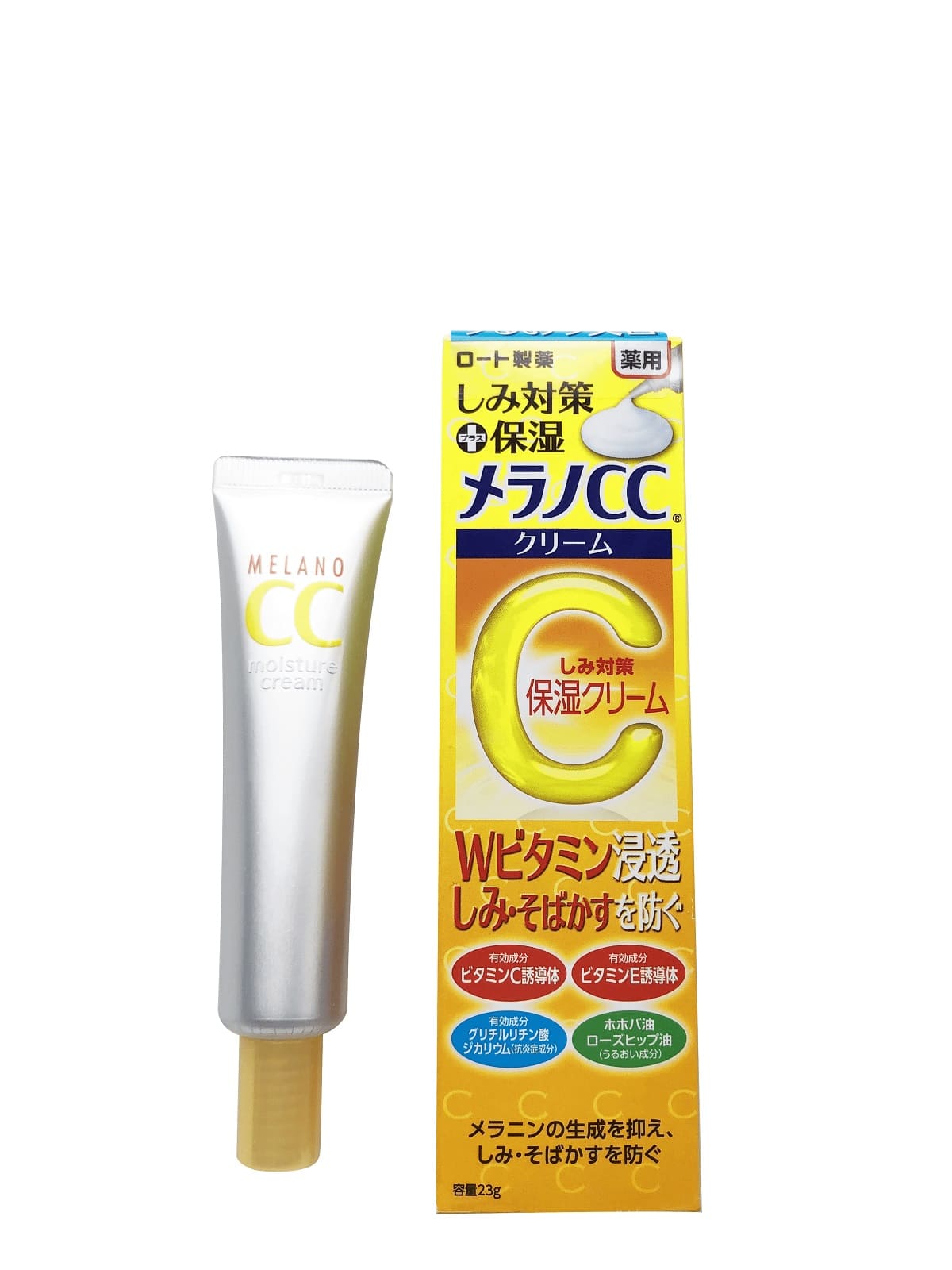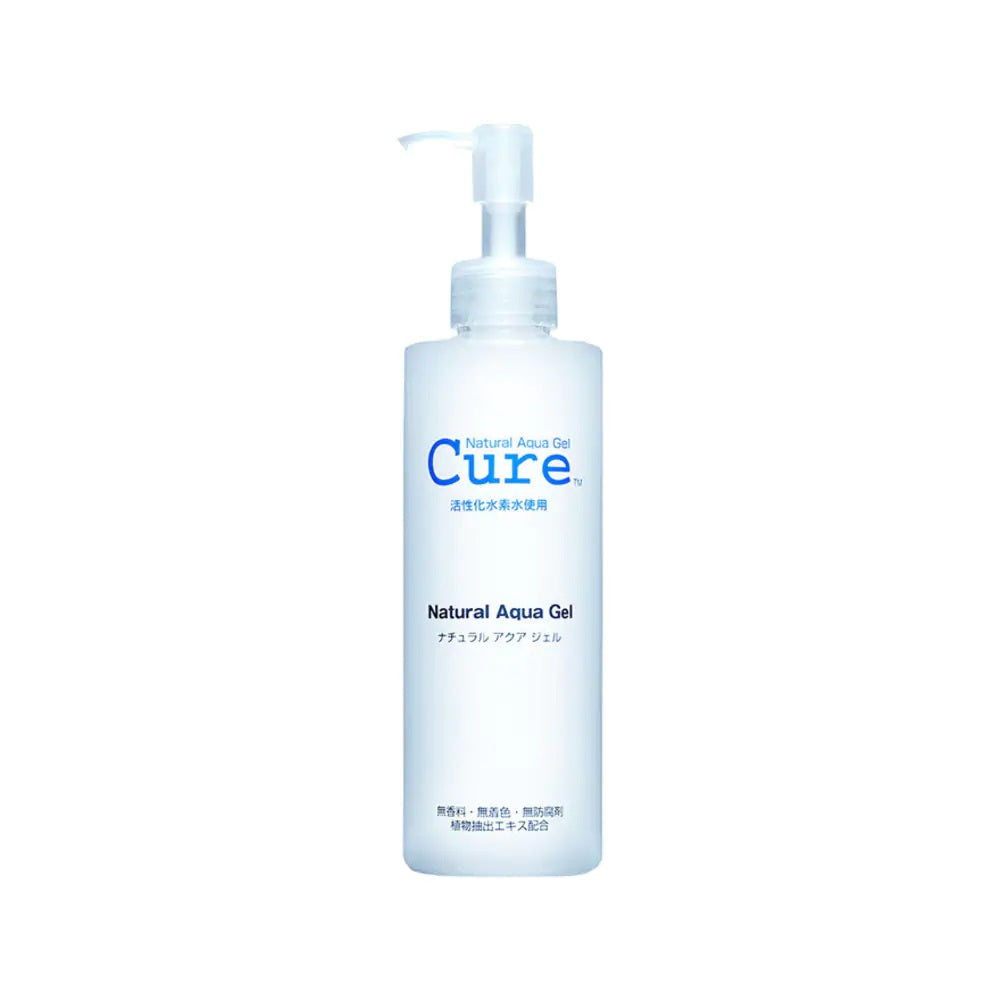Is It Possible To Get Rid Of Acne Scars?

Acne scars are a frustrating aftermath of battling acne-prone skin. While they may seem stubborn, advances in dermatology have made it possible to significantly reduce the appearance of acne scars and even eliminate them in some cases.
Understanding the types of acne scars, their causes, and available treatments can help you make informed decisions about managing and preventing these skin imperfections.
Types of Acne Scars
There are several types of acne scars, each with distinct characteristics:
Atrophic Scars
These scars appear as depressions in the skin. They are often categorised as:
- Ice Picks are characterised by small, deep holes in the skin's surface that resemble puncture marks from an ice pick or needle. These scars are more common on the cheeks and jawline and are known for their challenging nature to treat due to their depth.
- Boxcars are wider, shallower depressions with well-defined edges. They can vary from small to large and are usually found on the cheeks and temples.
- Rolling scars result from fibrous tissue bands between the skin's layers, pulling the skin downward and creating an undulating appearance.
Hypertrophic and Keloid Scars
These scars result from an overproduction of collagen during the healing process, leading to raised and thickened areas of skin.
Post-Inflammatory Hyperpigmentation (PIH)
While not true scars, PIH results in dark spots that linger after acne lesions heal.
Causes
Acne scars form due to the skin's attempt to heal after acne lesions have damaged the tissue. The severity of scarring is influenced by various factors:
- Inflammation: Intense inflammation in and around acne lesions increases the likelihood of scarring.
- Picking and Squeezing: Picking at acne lesions exacerbate inflammation and delay healing, leading to increased scarring.
- Genetics: Some individuals are genetically predisposed to scar more easily than others.
Delayed or Ineffective Treatment: Failing to manage acne promptly and effectively can contribute to the formation of scars.
Prevention
Taking proactive steps to prevent acne and minimise its impact can reduce the likelihood of developing severe scars:

- Early Treatment: Start treating acne as soon as it appears to prevent deep-seated inflammation. AXIS-Y Spot The Difference Blemish Treatment is a K-beauty product that treats blemishes with natural ingredients.
- Hands Off: Refrain from picking, squeezing, or popping acne lesions to avoid worsening inflammation and causing additional damage.
- Sun Protection: Shielding the skin from the sun's harmful rays prevents hyperpigmentation and makes existing scars less noticeable. One of our favourites is A'PIEU Pure Block Natural Daily Sun Cream. This sunscreen offers SPF45+ PA+++. It's perfect for combination and oily skin as it's non-greasy and non-comedogenic.

Acne Scar Treatments
Dermatological advancements have introduced various treatments for reducing the appearance of acne scars:
1. Chemical Peels
By exfoliating the top layer of skin, chemical peels improve the texture and appearance of scars.
2. Microdermabrasion
This procedure involves gentle exfoliation using fine crystals to diminish the outer layer of skin, promoting a smoother texture.
3. Laser Therapy
Laser treatments target scar tissue and stimulate collagen production. These procedures improve skin texture and reduce the visibility of scars.
4. Microneedling
This method involves creating tiny wounds in the skin to stimulate collagen production and encourage skin rejuvenation.
5. Dermal Fillers
Fillers are injected beneath depressed scars to raise them to the level of surrounding skin, providing a more even appearance.
6. Dark Spot Treatments
Dark spots are not scars, but it's possible to treat them effectively:
7. Topical Treatments
Creams and serums containing vitamin C, retinoids, and niacinamide help fade dark spots over time.
ROHTO MENTHOLATUM Melano CC Vitamin C Cream combats dark spots and acne scarring. This J-beauty cream is an excellent option if you're struggling with acne problems, as it promotes healthy skin.

8. Chemical Exfoliants
Alpha hydroxy acids (AHAs) and beta hydroxy acids (BHAs) can aid in shedding darkened skin cells and revealing fresher skin. J-Beauty brand CURE offers Natural Aqua Gel, a gentle and effective skincare exfoliator to remove dead skin cells. It's free of alcohol and other harmful ingredients, perfect for sensitive skin.

Prescription Medications
Dermatologists can prescribe stronger treatments, such as hydroquinone or tretinoin, to target stubborn dark spots.
Conclusion
Acne scars, though bothersome, need not be a permanent fixture. A combination of preventive measures and advanced dermatological treatments can achieve smoother, more even skin.
Consulting with a dermatologist to determine the most suitable treatment approach can pave the way to a clearer complexion and improved self-confidence. Remember, patience is vital, as most treatments require a consistent application and time to reveal their full benefits.




























































